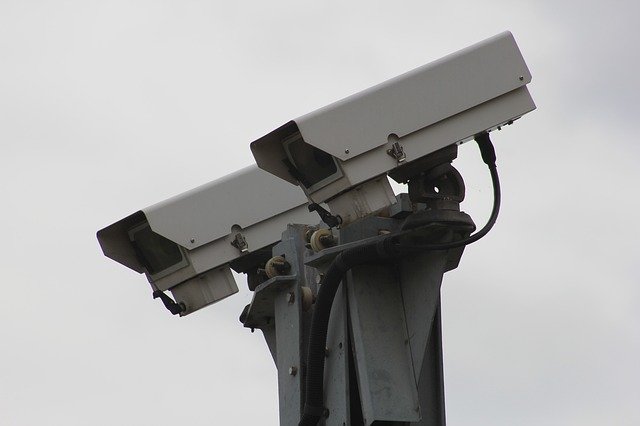More than a quarter of housing associations admit that footage generated by their CCTV systems might be unfit for the purpose for which they installed cameras: identifying intruders, vandals and other suspected criminals.
That’s the headline finding of a report commissioned by Cloudview, which provides cloud-based video surveillance storage solutions.
CCTV has come a long way since the days of grainy, black and white images, with 4K and even 7K models now available on the market. The revelation that poor image quality should affect so many housing associations – chosen as the survey subject because they rely heavily on CCTV systems to protect residents and assets – therefore comes as something of a surprise.
Housing associations, which Cloudview believes could realise cost-efficiencies and operational benefits by digitising assets and federating data, use CCTV to deter and catch burglars, vandals and antisocial behaviour in what are often low deprived communities.
Data protection breach
The Data Protection Act (DPA) states that data recorded for the purpose of identifying suspected criminals must be of sufficient quality to achieve this goal – potentially leaving many housing associations in breach of the law.
After image quality, data security and compliance with data protection legislation were housing associations’ most pressing concerns.
The survey also revealed that 97% of housing associations already use some form of CCTV or are actively considering doing so.
Although nearly 60% of respondents were aware that their CCTV systems could be hacked, many confessed to not knowing how they could make their system more secure.
Cloudview co-founder and CEO James Wickes said: “For a CCTV system to serve its purpose, the recordings should be of sufficient quality to identify individuals performing criminal activity and be easily accessible by the police, with the right credentials to be used as evidence, such as accurate timestamping.
“It appears that many systems used to protect property, staff or tenants may not be fit for purpose and are breaching data protection legislation, putting companies at risk of fines, bad publicity and even criminal sanctions.”
The survey, which was conducted by a team of independent researchers, polled 100 IT managers, housing associations and facilities managers in June 2016.
Free Download: The Video Surveillance Report 2023
Discover the latest developments in the rapidly-evolving video surveillance sector by downloading the 2023 Video Surveillance Report. Over 500 responses to our survey, which come from integrators to consultants and heads of security, inform our analysis of the latest trends including AI, the state of the video surveillance market, uptake of the cloud, and the wider economic and geopolitical events impacting the sector!
Download for FREE to discover top industry insight around the latest innovations in video surveillance systems.


